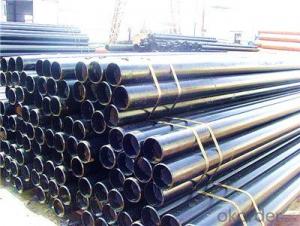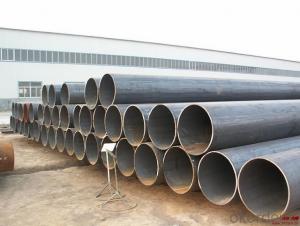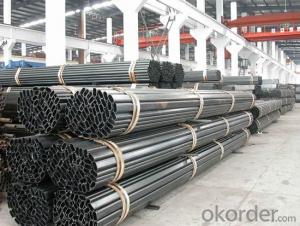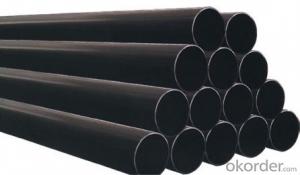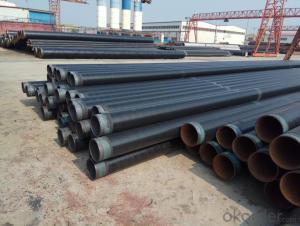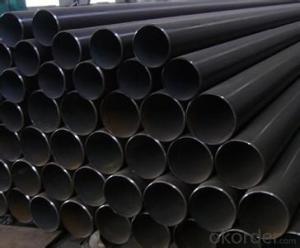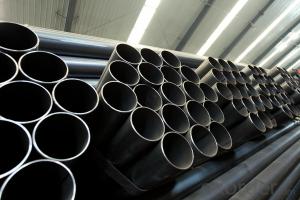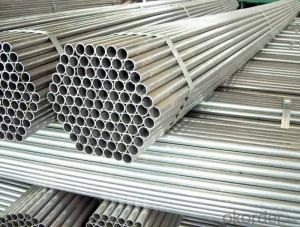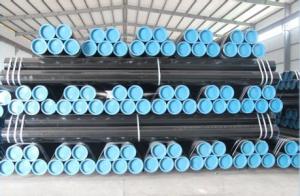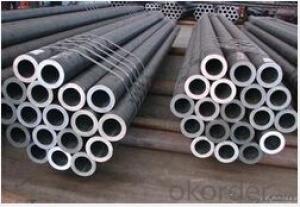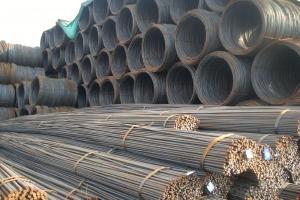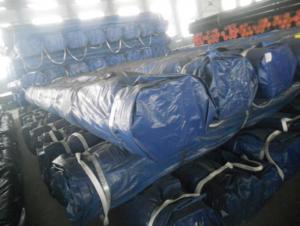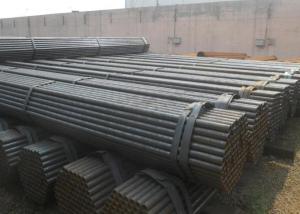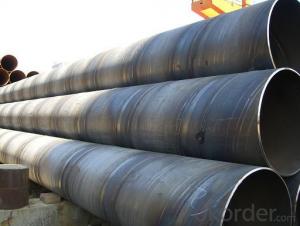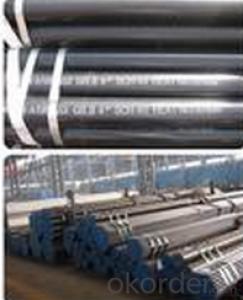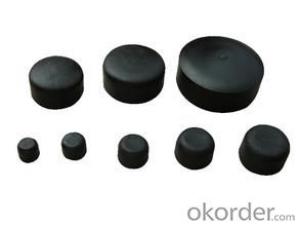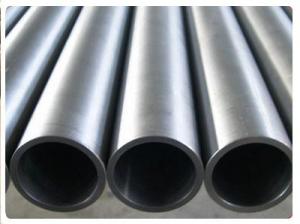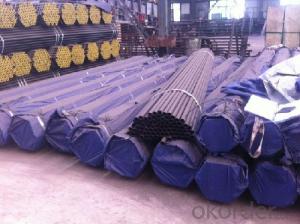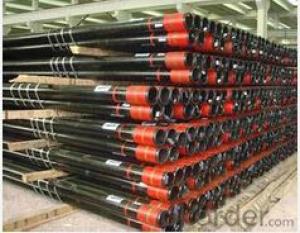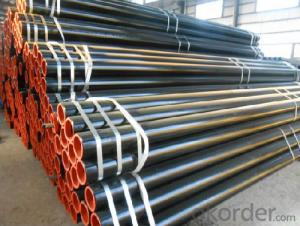All Categories
- - Steel Wire Rod
- - Steel Coils
- - Steel Profiles
- - Steel Pipes
- - Stainless Steel
- - Tinplate
- - Special Steel
- - Steel Sheets
- - Steel Rebars
- - Steel Strips
- - Hot Rolled Steel
- - Cold Rolled Steel
- - Pre-painted Steel
- - Seamless Steel Pipe
- - Welded Steel Pipe
- - Hollow Steel Tubes
- - Galvanized Pipe
- - Stainless Steel Coil
- - Stainless Steel Sheet
- - Stainless Steel Plate
- - Stainless Steel Strips
- - Electrolytic Tinplate Coil
- - Electrolytic Tinplate Sheet
- - Stainless Steel Rebars
- - Solar Panels
- - Solar Water Heater
- - Solar Related Products
- - Solar Inverter
- - Solar Cells
- - Solar Light
- - Solar Energy Systems
- - Solar Controllers
- - Solar Mounting System
- - Solar Pump
- - Solar Chargers
- - Fiberglass Chopped Strand
- - Fiberglass Mesh Cloth
- - Composite Pipes
- - FRP Pultrusion Profiles
- - Fiberglass Mat Tissue
- - Fiberglass Fabrics
- - Fiberglass Mesh
- - Composite Tank
- - Fiberglass Mesh tape
- - Polymer
- - FRP Roofing Panel
- - Fiberglass Roving
- - Monolithic Refractories
- - Ceramic Fiber Products
- - Refractory Bricks
- - Raw Materials For Refractory
- - Suspended Platform
- - Cranes
- - Concrete Machinery
- - Earthmoving Machinery
- - Building Hoist
- - Road Building Machinery
- - Plastic Pipe Fittings
- - Plastic Tubes
- - Plastic Sheets
- - Agricultural Plastic Products
- - Plastic Nets
 All Categories
All Categories
Q & A
What is the significance of non-destructive testing methods in ensuring the integrity of steel pipe welds?
Non-destructive testing methods play a crucial role in ensuring the integrity of steel pipe welds by allowing for thorough inspections without causing any damage to the weld or the surrounding material. These methods, such as radiographic testing, ultrasonic testing, and magnetic particle inspection, can detect flaws or defects in the welds, ensuring that they meet the required standards and are safe for use. By identifying any potential issues early on, non-destructive testing methods help prevent catastrophic failures, ensuring the reliability and longevity of steel pipe welds in various industries, including oil and gas, construction, and manufacturing.
What is the role of steel pipes in the development of offshore oil and gas platforms?
Steel pipes play a crucial role in the development of offshore oil and gas platforms as they are used for various purposes such as transporting oil and gas from the seabed to the platforms. They are also utilized in drilling operations, providing structural support, and carrying out maintenance and repair activities. The durability, strength, and corrosion resistance of steel pipes make them an essential component in ensuring the safe and efficient extraction of oil and gas from offshore fields.
What are the challenges of welding steel pipes in underwater environments?
There are several challenges associated with welding steel pipes in underwater environments. One of the main challenges is the presence of water, which can cool the welding arc and affect the quality and integrity of the weld. The water can also cause hydrogen to be trapped in the weld, leading to hydrogen embrittlement and potential failure of the welded joint. Additionally, the underwater environment introduces difficulties in maintaining a stable work area, ensuring proper shielding gas coverage, and managing the flow of water around the welding area. These challenges require specialized equipment, techniques, and training to overcome and ensure successful welding in underwater environments.
What is the purpose of using steel pipes in underground utility lines?
The purpose of using steel pipes in underground utility lines is to provide a durable and strong infrastructure for the transportation of various utilities such as water, gas, and oil. Steel pipes are corrosion-resistant, which helps prevent leaks and prolongs the lifespan of the underground utility lines. Additionally, steel pipes can withstand high pressure and extreme weather conditions, ensuring the safe and efficient delivery of utilities to consumers.
Wholesale Steel Pipes from supplier in Laos
With our extensive range of Steel Pipes, we are committed to meeting all your procurement needs in Laos. As a subsidiary of CNBM, a Fortune Global 500 company, we have the resources and expertise to provide you with high-quality products and reliable services.
Our comprehensive product portfolio includes various types of Steel Pipes, ensuring that we can cater to your specific project requirements. Whether you need pipes for construction, infrastructure development, or industrial applications, we have the right solution for you.
We understand the unique challenges and requirements of the Laos market, thanks to our years of experience in the industry. This enables us to offer valuable insights and support to help you make informed decisions for your projects.
Our dedicated team is always ready to assist you throughout the entire process, from sales and quotations to technical assistance. We are committed to providing the highest level of customer service, ensuring a smooth and hassle-free experience for you.
Partnering with us means you can rely on our expertise, reliability, and commitment to delivering high-quality products. We strive to build long-term relationships with our clients, and we are confident that we can be your trusted partner for all your Steel Pipes requirements in Laos. Contact us today to discuss your needs and let us help you find the best solutions for your projects.
Our comprehensive product portfolio includes various types of Steel Pipes, ensuring that we can cater to your specific project requirements. Whether you need pipes for construction, infrastructure development, or industrial applications, we have the right solution for you.
We understand the unique challenges and requirements of the Laos market, thanks to our years of experience in the industry. This enables us to offer valuable insights and support to help you make informed decisions for your projects.
Our dedicated team is always ready to assist you throughout the entire process, from sales and quotations to technical assistance. We are committed to providing the highest level of customer service, ensuring a smooth and hassle-free experience for you.
Partnering with us means you can rely on our expertise, reliability, and commitment to delivering high-quality products. We strive to build long-term relationships with our clients, and we are confident that we can be your trusted partner for all your Steel Pipes requirements in Laos. Contact us today to discuss your needs and let us help you find the best solutions for your projects.
